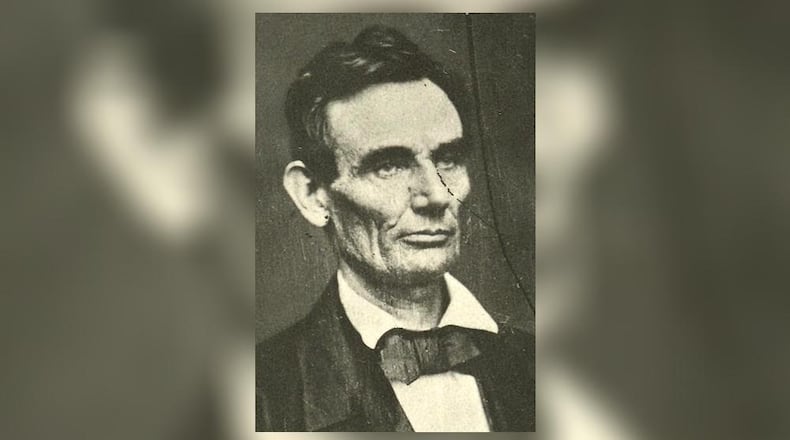But were Reck still around, he’d consider March 7 a red-letter day in Springfield history. It’s the day Harold Holzer is coming to town.
Frank J. Williams and Kent Masterson Brown will return to the Heritage Center and the annual Springfield Civil War Symposium to join Holzer, and both bring considerable reputations of their own.
But there is no name in Lincoln scholarship and celebration bigger than Holzer, the current chair of the Lincoln Forum.
An event brochure says the three speakers will address “Lincoln’s concerns with civil liberties followed by his interaction with the press and his early childhood years.
Amazon currently lists 16 Lincoln books for which Holzer is author, co-author, editor or co-editor.
MORE FROM TOM STAFFORD: Patience, hugs help on physical rehab journey
The range of Holzer subjects includes the speech at New York’s Cooper Union that put Lincoln on the national political stage; the Emancipation Proclamation; Lincoln’s use of the press to sway public opinion; “Lincoln on War”; two books on the assassination; a volume on the life and art of Lincoln Memorial sculptor Daniel Chester French; and what a subtitle describes as “the first complete, unexpurgated text of the Lincoln-Douglas debates.”
Also, on the list is “Lincoln on Democracy”, a book Holzer organized with former New York Gov. Mario Cumo in tribute to Poland’s successful and democratizing Solidarity movement — with Williams contributing the book’s Afterword.
By virtue of having written “A. Lincoln, His Last 24 Hours”, Reck, a Wittenberg University vice president, was on a list of the consulting scholars for “Lincoln on Democracy”.
Because he passed along a review copy of a collection of more than 150 Lincoln speeches, speech fragments, letters and Lincoln writings, March 7 will be a red letter day for me as well.
The book launched me into decades long immersion into things Lincoln.
MORE FROM TOM STAFFORD: Beware of the temporal goo of January nights
I remember my shock at reading Lincoln’s proposal to compensate owners for their slaves through the sale of government bonds and his argument that doing so would not only be far less costly than continuing the war but a way to stop the accelerating human carnage. Although it made perfect sense, the proposal struck me more like the work of a representative from Lincoln Life than one from a heroic liberator of slaves.
Against the back drop of a lengthening war, I began to consider the issue of slavery not just as a moral issue, but one of practical politics — to consider how the war would provide no moral victory without a military victory, which victory was dependent on Lincoln winning re-election.
I came to see the Emancipation Proclamation not just as a necessary step in creating a new coalition to continue the North’s war efforts, but as a nightmare of political timing.
While being moved to tears by the rhetoric of the Gettysburg Address, I also came to see it as, at bottom, an argument that would extend the bloodshed for an already grieving nation.
MORE FROM TOM STAFFORD: Some people only have ‘this little shred of family
All this also made me consider the question of whether the war was worth the cost, particularly in view of the historic backsliding that followed and that Martin Luther King, Jr., underscored at his Lincoln Memorial speech a full century after slaves had been emancipated.
Perhaps most of all, the book introduced me to Lincoln’s Second Inaugural Address, which astounded me with its argument that the war, with its obscene cost in human suffering and treasure, may have been God’s just punishment on the nation for the sin of slavery.
And that made me further think that the dimensions of any politically successful explanation for a war must be of a size that covers the dimensions of pain suffered by those who endure it.
Cost of the symposium is $60 for adults, $50 for Historical Society members or $20 for students, with some student scholarships available.
For more information or to make reservations, call the Heritage Center at (937) 324-0657 Tuesday through Friday from 9 a.m. to 5 p.m. and Saturdays from 9 a.m. to 3 p.m.
About the Author
